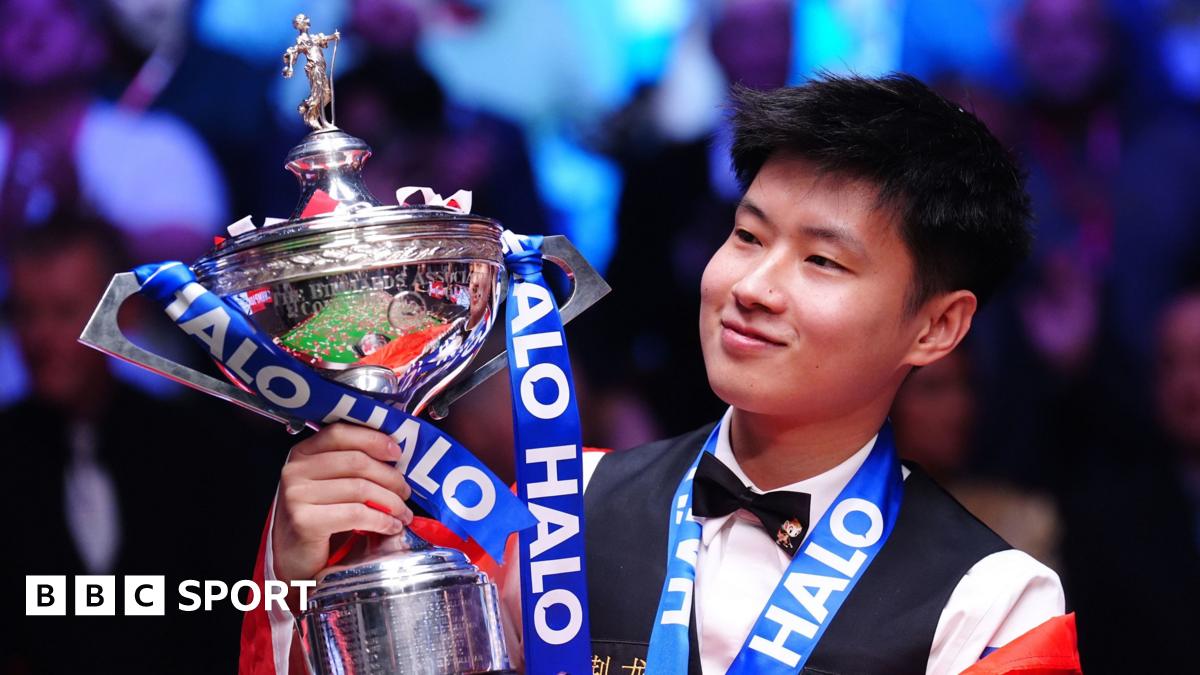
Dan MurphyApr 23, 2025, 07:16 PM ET
- Covers the Big Ten
- Joined ESPN.com in 2014
- Graduate of the University of Notre Dame
A federal judge told the NCAA and its members Wednesday that she would not approve the multi-billion-dollar antitrust settlement that is expected to reshape the business of college sports unless they change a proposed new policy for limiting roster sizes.
Judge Claudia Wilken said the NCAA's insistence on immediately implementing roster limits would cause some college athletes to lose their spot on their current teams, and that she could not approve a settlement that would cause harm to some members of the plaintiff's class. Wilken suggested during a hearing for settlement approval earlier this month that the NCAA should consider delaying its new roster size rules to "grandfather in" current athletes.
"Those class members will be harmed because their roster spot will be or has been taken away as a result of the immediate implementation of the settlement agreement," Wilken wrote in her order.
A spokesperson for the NCAA said the association was still reviewing the judge's order when reached for comment Wednesday night.
The NCAA has agreed to pay roughly $2.8 billion in damages to past and current athletes to settle three federal antitrust lawsuits that claim the association's rules have limited the athletes' earning potential in various ways. The deal, commonly referred to as the House settlement after lead plaintiff Grant House, also would create a new system for schools to pay players directly, starting this summer.
In exchange, the NCAA would be allowed to limit how much each school can spend on its athletes per year -- an effective salary cap that is expected to start at roughly $20.5 million per school and increase annually during the 10-year lifespan of the deal. Several objectors who spoke at the hearing in Oakland, California, earlier this month asked Wilken to reject the settlement because it could lead to the elimination of thousands of roster spots on Division I teams across the country. The NCAA's current rules place limits on the number of scholarships that each team can give to its players. That rule will go away if the settlement is approved, meaning a school can provide a full scholarship to every one of its athletes if it chooses to do so.
To keep the wealthiest schools from stockpiling talent, the NCAA has proposed to instead limit the number of players each team can keep on its roster. Many teams would have to cut current athletes from their rosters to comply with the proposed limits.
The NCAA and the defendant conferences argued that it was not practical to change their plans for roster limits now because some schools have already starting cutting players to prepare for the expected change, among other reasons. Wilken rebuked this logic in her ruling Wednesday.
"Any disruption that may occur is a problem of Defendants' and NCAA members schools' own making," Wilken wrote.
Many schools have been proceeding under an assumption that the settlement would be finalized in time for its new rules -- including direct payment to athletes -- to go into effect starting this July. Earlier this week, the NCAA's Division I Board of Directors voted to eliminate more than 100 current rules from its handbook if the settlement is approved.
The judge issued her order as many conference commissioners were attending a College Football Playoff annual spring meeting at a Ritz-Carlton near Dallas on Wednesday evening. Several commissioners left the closed-door meeting during a break with cell phones pressed to their ears and one commissioner saying he needed to contact his general counsel, ESPN's Heather Dinich reported. All commissioners declined to comment.
Steve Berman, co-lead attorney for the plaintiffs, told ESPN on Wednesday that he believes the NCAA will change its mind on roster limits because that is the only remaining obstacle to having an industry-shifting settlement approved.
"There is this one last issue. Given the leverage we now have -- that the NCAA and defendants understand if we don't fix this then we're off to trial -- l I'm confident they'll see the light," Berman said.
Berman said he and his co-counsel Jeffrey Kessler would be fine with Wilken's suggestion to gradually introduce roster limits.
Gannon Flynn, a freshman swimmer at Utah, said he was glad to see the judge took the concerns of athletes seriously. Flynn was one of several objectors who spoke about roster limits during the approval hearing earlier this month. He said Utah's coaching staff informed him that he was losing his spot on the team as a direct result of the roster limits proposed in the House settlement.
"I think it's a great compromise to allow the athletes that are currently in sports to finish their eligibility without being hurt by the settlement," Flynn told ESPN. "I'm very glad the judge recognized that in its current form athletes will get hurt."
Wilken ordered both sides to meet with each other and the settlement's mediator in the next two weeks to discuss modifying the settlement to address her concerns. Berman said he believes attorneys from both sides will plan to submit something new to the judge before the end of April. Both sides are eager to gain the judge's approval to avoid a trial and to provide time for schools to implement plans to start paying athletes this summer.















































